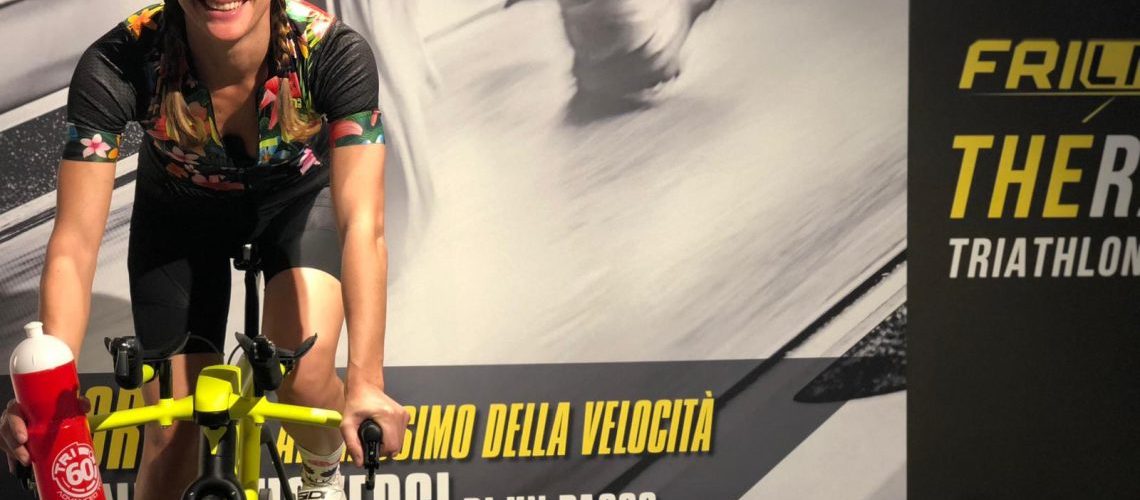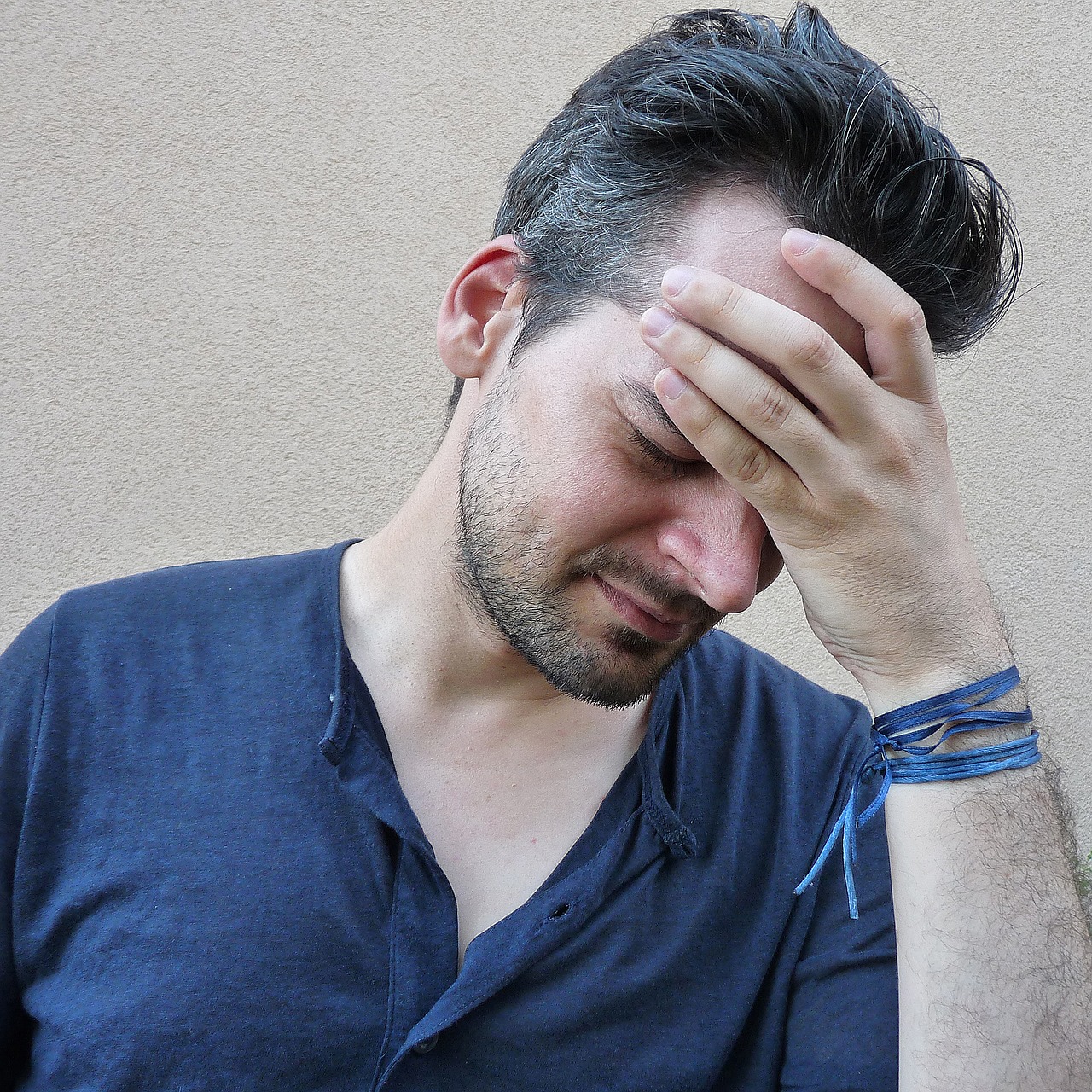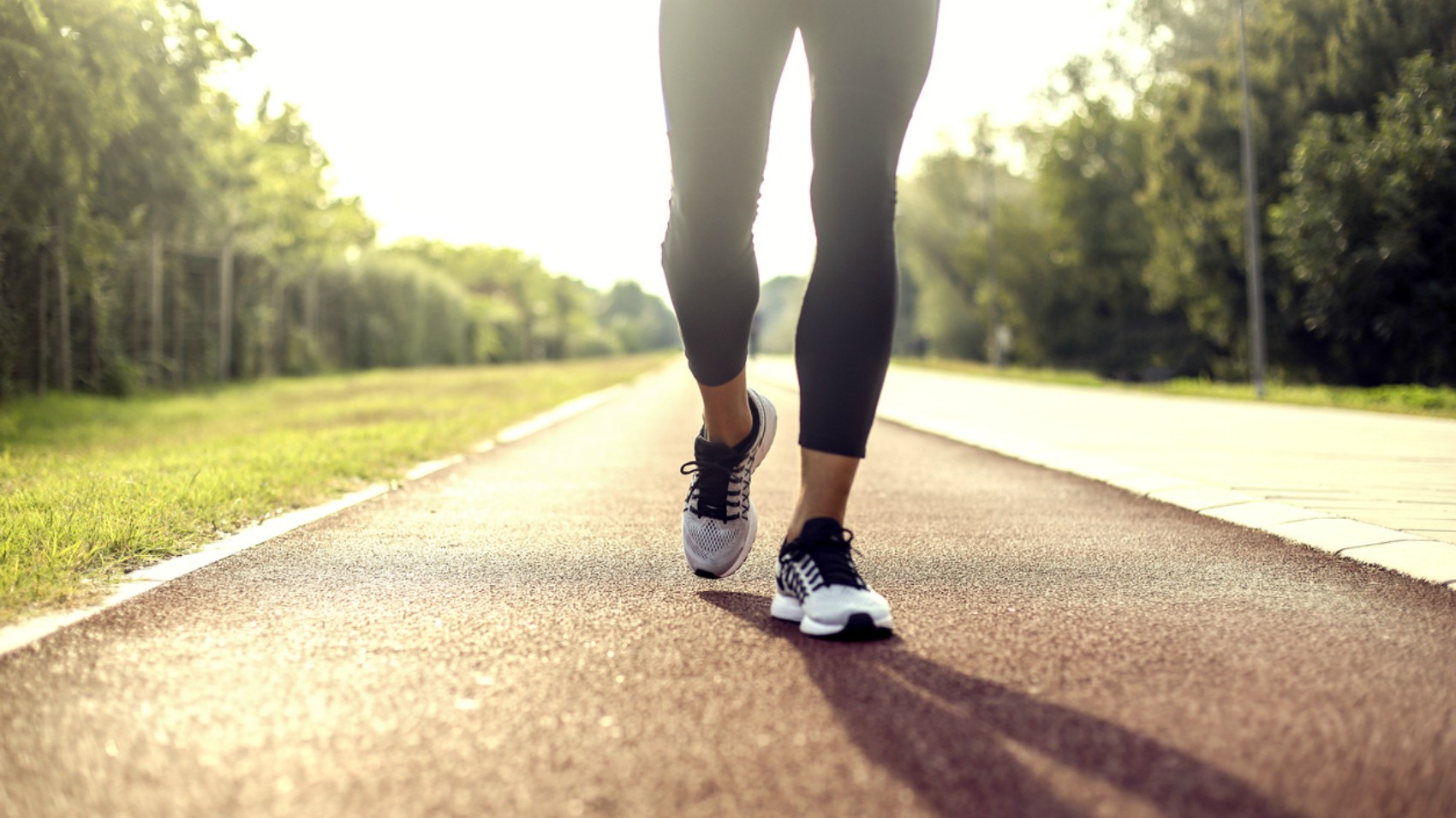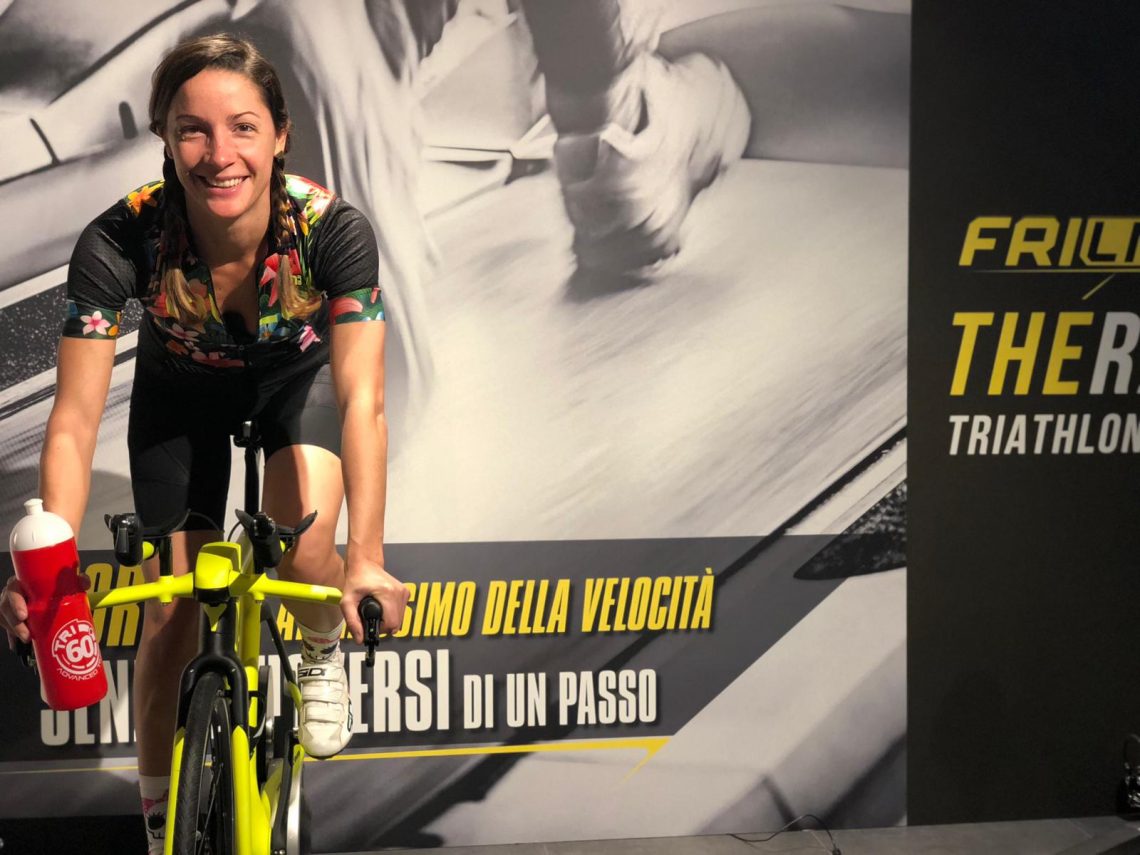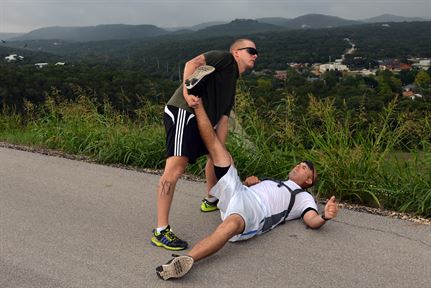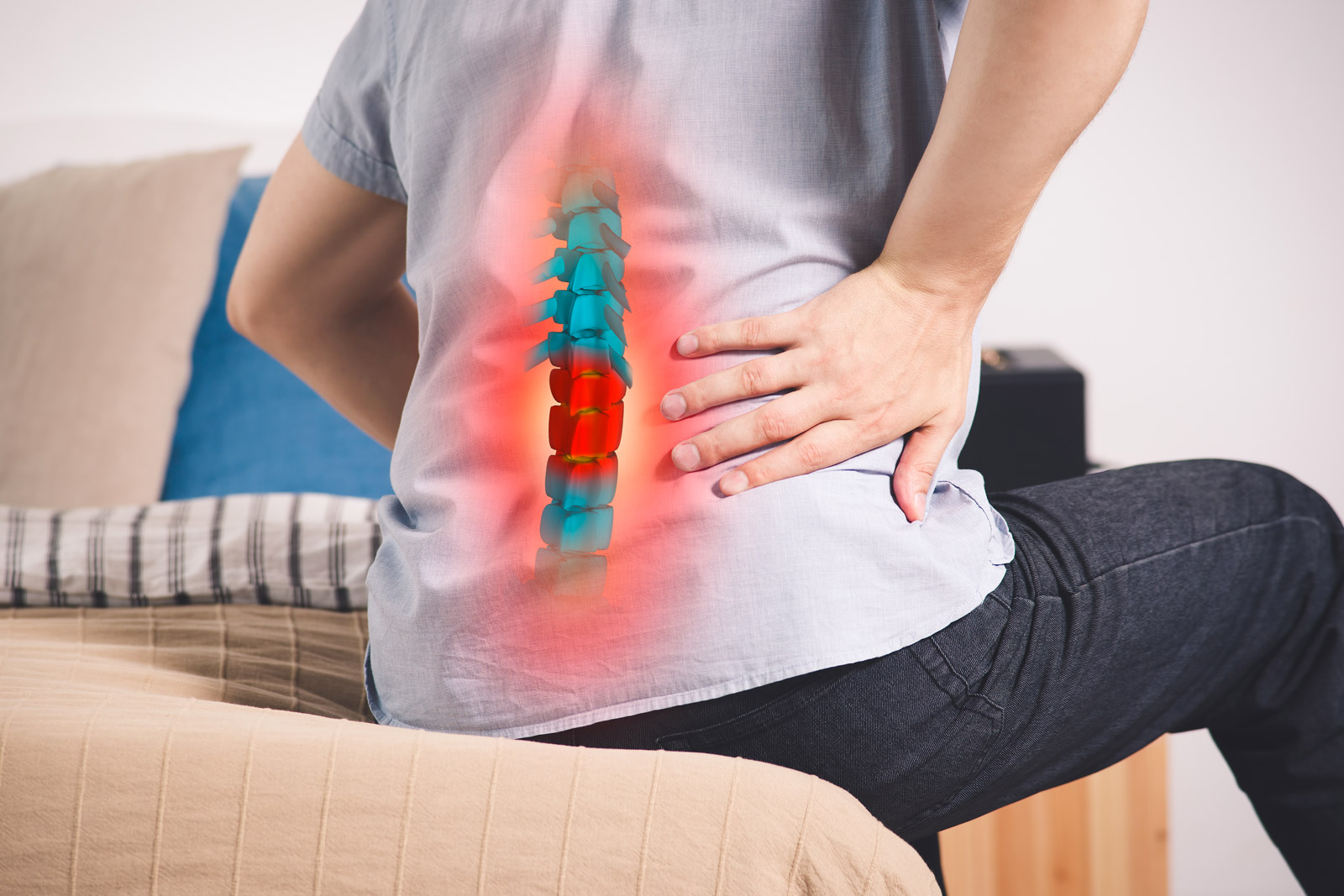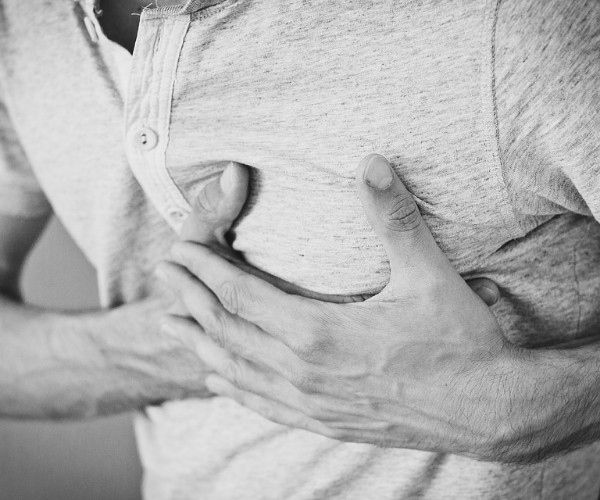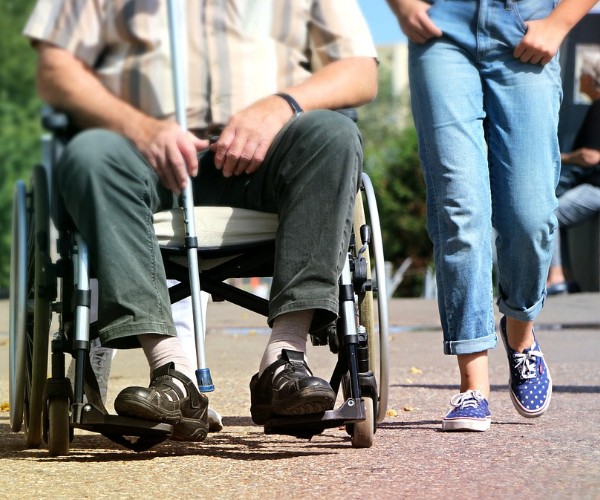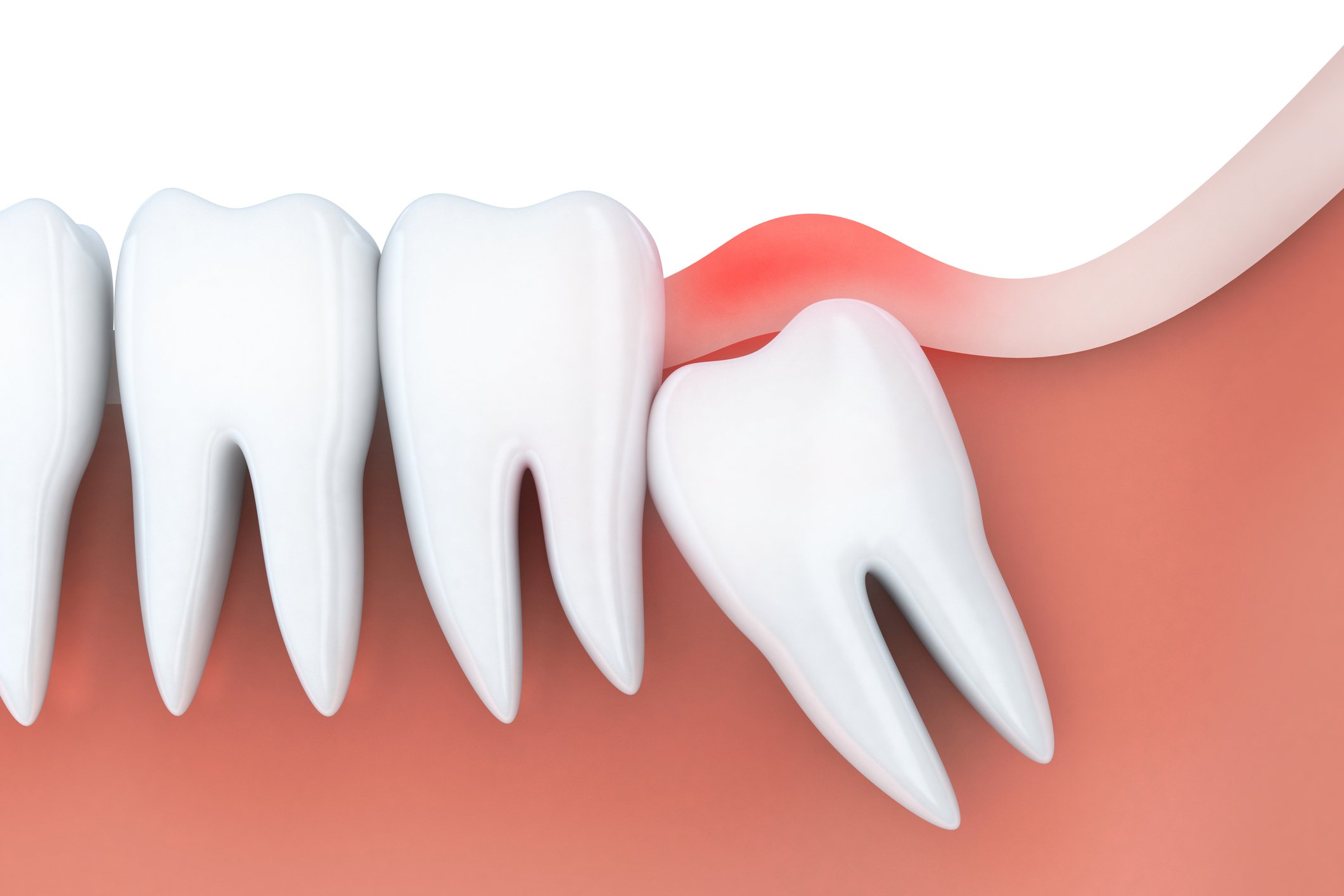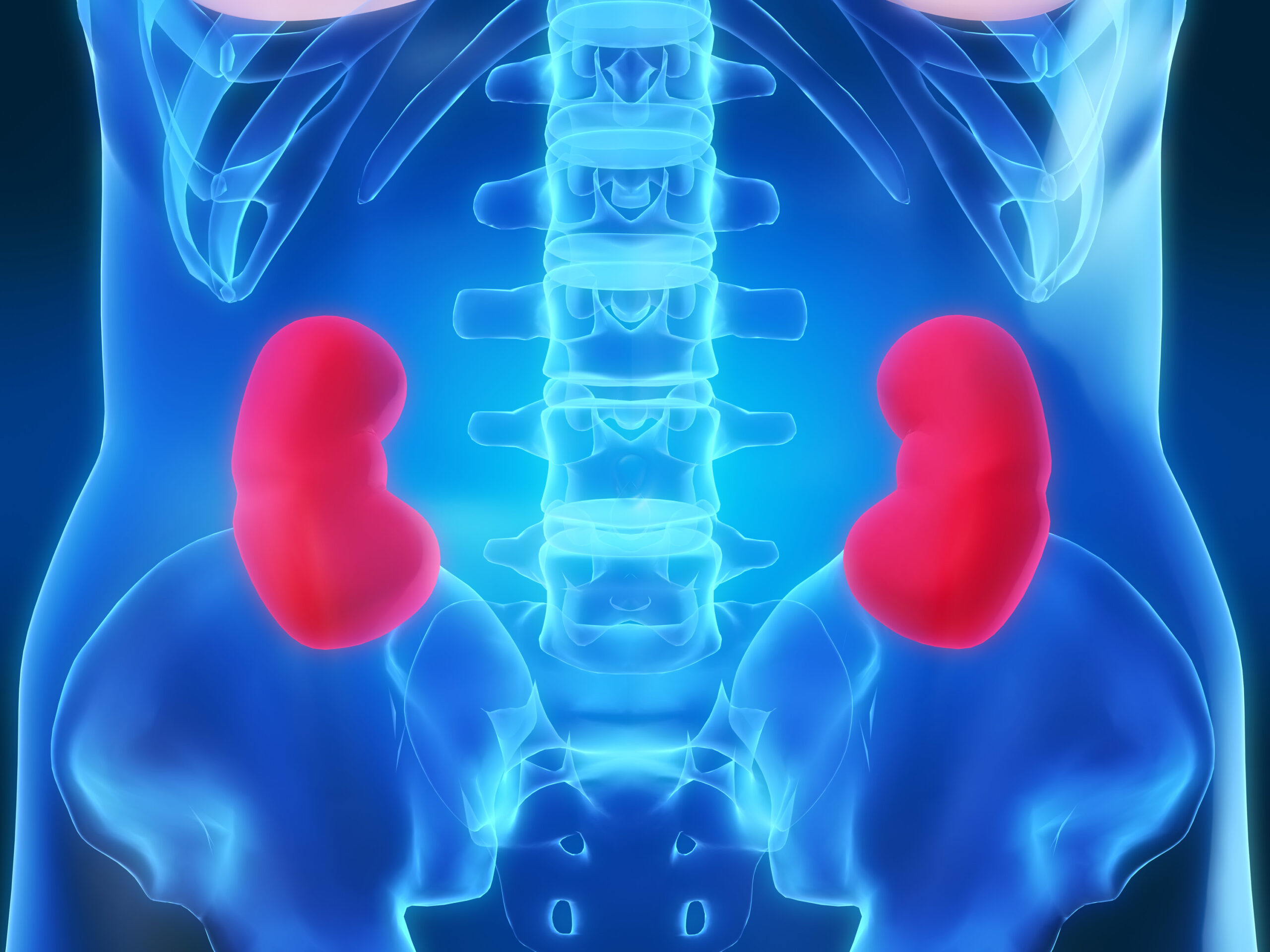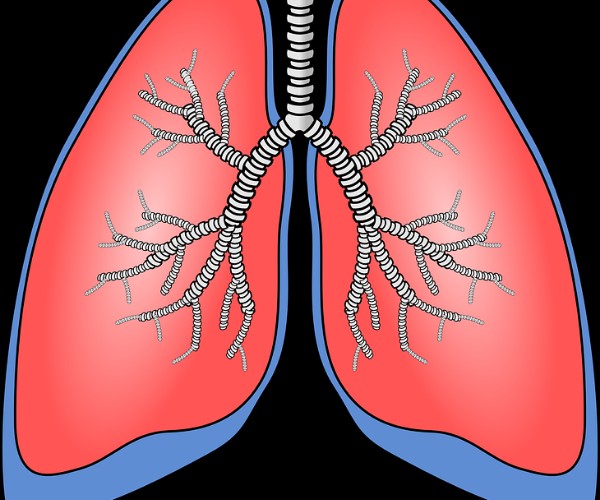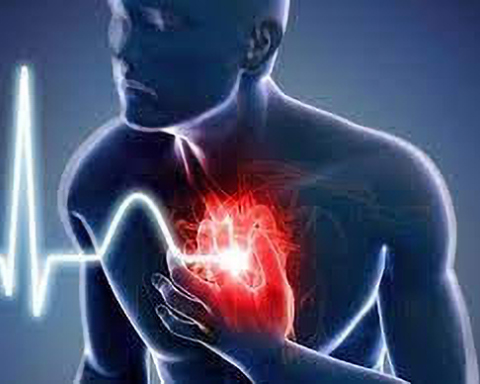“The cold season is here. Fewer hours of daylight, frigid temperatures, frequent rain and a whole host of inclement weather cause many of you endurance enthusiasts to take refuge within the walls of facilities like ours that can adequately support them in winter training. It is exciting the energy you spend on it daily and the commitment you put in during your trainings! Beware, however, playing sports in an enclosed environment inevitably results in a change in the physiological needs of the body undergoing training. Let’s pay attention to hydration first of all! Let’s see how.”
Valentina
You need to know that
To succeed in improving yourself, whether in training or in competition, you need to know how to hydrate yourself before, during, and after each performance.
Hydration status is in fact a very important factor in both your health and sports performance, and since the adult body is composed of up to 50-60% water, all bodily functions depend on proper hydration status.
Sports performance: what happens to your body
During performance, athletes push their bodies to the limits of their potential. Without proper hydration, it is impossible to express one’s performance capabilities to the fullest. During strenuous activity, the body loses fluids and basic salts through sweating, which must then be recovered. Regarding replenishment, it is correct to weigh yourself before and after each workout so that you know the exact amount of fluids consumed and can replenish them in the right amount. The key is to drink little more than you lose, for example if you lose 1.5l you should drink 2l of water.
In essence, increased hydration enables better performance and faster recovery. This is primarily true for high-intensity endurance sports such as triathlon.
Swimming, running, cycling
Indeed, in all three triathlon disciplines, insufficient hydration carries the risk of lowered levels of muscular endurance and strength. Generally, a swimmer should consume about half a liter of water for every 40 minutes of training. Therefore, it is good to always have a couple of water bottles on the side of the pool to sip during short breaks in the training session. As for running and cycling, the parameters are less defined, but it is a good idea to always have water with you that you can drink in small sips during training.
What and how much to drink
There are many energy drinks and supplements on the market, but the optimal drink must contain potassium and magnesium, because these salts essential to muscle function are lost during sweating. Be careful not to overdo it; drinking too much plain water, for example, results in more work for the kidneys, which need sodium and potassium to perform their function, and since the former is usually in excess in the diet while the latter is at a deficit, too much work by the kidneys would result in the use of potassium needed by the muscles.
When to drink
It is not possible to establish standard hydration times, there are many subjective variables, and it is always very important to listen to your body and follow your thirst sensation. As a guideline, we say that it is okay to drink before physical exertion to prevent future dehydration, that it is okay to drink during physical exertion but in small sips to allow for better assimilation, and that it is okay to replenish what has been lost during training.
Source : Tri60





